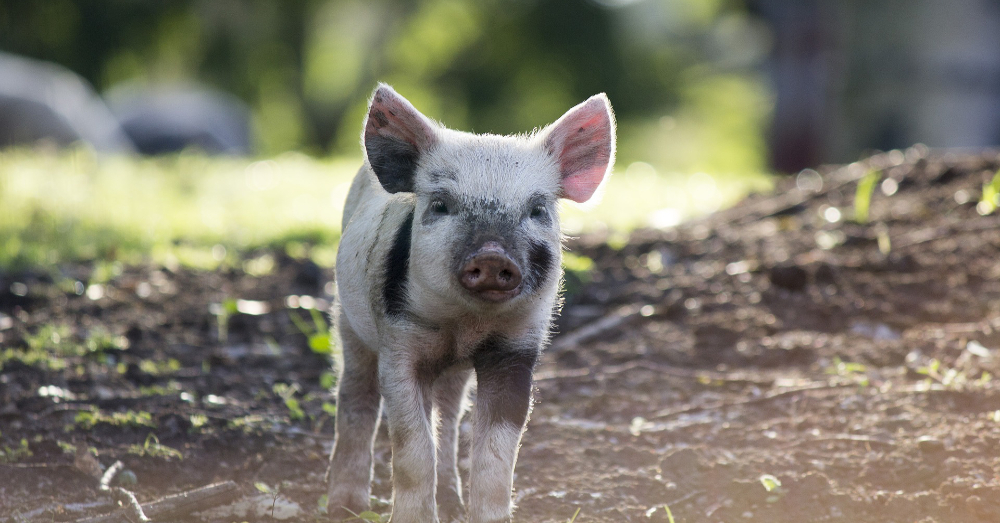
America’s Largest Pork Producer Pledged to Make Its Meat More Humane. An Investigation Says It Didn’t.
In 2007, Smithfield Foods, the largest pork producer in the world, made a startling declaration: It would begin phasing out “gestation crates,” an extremely inhumane practice that involves confining mother pigs to fenced-in areas barely larger than their bodies, where they lack any room to turn around.
But in a new report, the animal welfare group Direct Action Everywhere (DxE), which infiltrated several Smithfield facilities in North Carolina between June 2017 and February 2018, alleges that Smithfield still uses gestation crates for pigs that are clearly pregnant, as well as pigs that have already given birth.
May 8, 2018 | Source: Vox | by Dylan Matthews
An animal welfare group says Smithfield still uses gestation crates on mother pigs.
In 2007, Smithfield Foods, the largest pork producer in the world, made a startling declaration: It would begin phasing out “gestation crates,” an extremely inhumane practice that involves confining mother pigs to fenced-in areas barely larger than their bodies, where they lack any room to turn around.
It’s hard to adequately convey in words the brutality involved in gestation crating. Ian Duncan, an eminent scholar of animal welfare at the University of Guelph, has described it as “one of the cruelest forms of confinement devised by humankind.”
Unsurprisingly, Smithfield’s announcement was met with near-unanimous praise from animal welfare advocates. So too was its January 2018 announcement that it had, indeed, succeeded in transitioning pregnant pigs from gestation crates to a “group housing” model with a much more limited role for crating.
